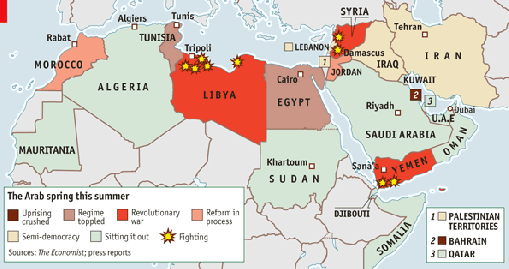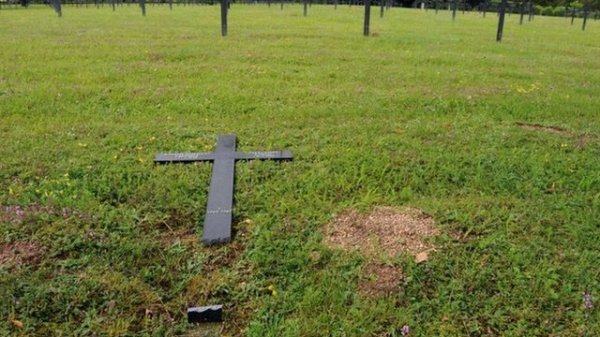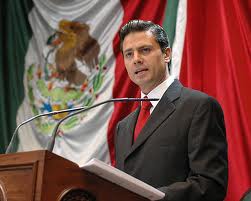Often situations escalate so quickly that many of us are left wondering what exactly is going on. Couple that with the tendency that the American media has to ignore world news for the sake of covering U.S.-related stories, and many are left in a state of ignorance. This article serves to inform by answering questions concerning the crisis in Syria.
What is happening in Syria?
Syria is experiencing the end of a period of random terror and violence, and the beginning of a full-fledged civil war. The rebels, still a divided group, are fighting the Assad regime, which has been in power in Syria since 1971 by way of the Ba’ath party, a party whose political views are shaped by nationalism, Islam, and socialism. President Bashar al-Assad, who initially offered political reform, has fought the rebels bitterly, sending in troops and tanks in addition to torturing people who denied any connection to the Free Syria Army. Two weeks ago, after evaluating the level and type of persistent violence in Syria, the International Red Cross declared the situation a civil war.
Why is this happening?
Last year anti-government protests in Tunisia sparked a surge of protests throughout the Arab world. Syrian opposition, like that of so many other countries, did not pass up the opportunity to overthrow a government they view as harsh and unfair. The government, unlike that of Egypt or Libya, has not given in, and continues to crack down on the rebels. While some Syrians have fled their country because of the rampant violence, many remain either for fear or a lack of resources preventing them from fleeing, or because they are fully invested in this fight. Embittered by the harsh crackdowns by the government, the rebels are now fighting for a full overthrow of the government in favor of a democratic one, and will not be content with the sort of reforms Assad initially proposed.
Source: The Economist, 2011
What, if anything, is being done to stop the fighting?
The UN has been arguing about resolutions for Syria since the conflict began and has imposed some minor sanctions on Syria. The UN Security counsel recently proposed further sanctions on the country, but the measure was vetoed by China and Russia, a move the UK’s Foreign Secretary called “inexcusable and indefensible”. Russian ambassador to the UN, Vitaly Churkin, said that he did not object to the sanctions themselves, but rather the part of the UN charter by which they would be allowable. According to Churkin, use of Chapter 7 of the UN Charter could lead to “external military involvement in Syrian domestic affairs”; military involvement would certainly test Russia, who as of now is an ally of Syria’s. As of now no military resolutions have been proposed besides 300 military observers who have just returned from the country. Today, the UN chief, Ban Ki-moon, visited the site of the worst European massacre since World War II: Srebrenica, Bosnia-Herzegovinia. Later he advised UN members to keep in mind the atrocities of the Bosnian War, lest they be repeated in Syria. His message conveyed dedication to finding a meaningful resolution to stop the violence as soon as possible and reminded the world that superfluous debate and lack of quick action can be disastrous; 100,000 people were murdered before UN troops set foot in Bosnia. The death tally for the Syrian uprising is now at 18,0001.
Ban Ki-Moon placing flowers at a Srebrenica gravesite. “Never Srebrenica. Nowhere, to nobody.” Photo Courtesy: ahram online
The state of Syria is horrifying, unsettling, and subject to much change in the coming weeks. Stay informed.
UPDATE: 7/29, 5:43pm:
As of this morning, a major battle has broken out in Aleppo, Syria’s most populous city. The government has launched a land and air attack on all of the city, parts of which are under rebel control. Guardian News correspondent Luke Harding reported that “tens of thousands of civilians have fled”. French President Francios Hollande has called on the UN to get involved in Syria “as quickly as possible”. This weekend is expected to be especially tumultuous in Aleppo and other Syrian cities.
1. http://www.reuters.com/article/2012/07/26/us-syria-crisis-un-bosnia-idUSBRE86P0QB20120726





